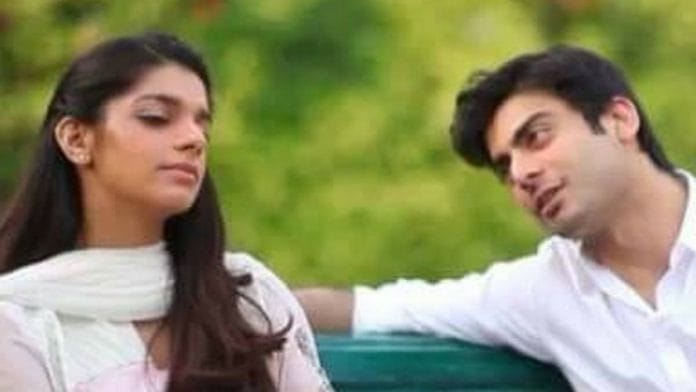I have been watching Pakistani serials such as Zindagi Gulzar Hai, Humsafar, O Rangreza, Yakeen Ka Safar, Alif and Yeh Dil Mera for the last one year on YouTube. I started after hearing a lot of praise for the portrayal of women in Pakistani serials. That would be a refreshing change from women in Hindi serials — always plotting, with zero ambitions and cringeworthy.
So, what did modern Pakistani drama offer me?
A crying and a helpless mother, a damsel in distress, a workaholic hero, victims of domestic violence and some ‘honourable’ women.
Recently, however, Pakistani dramas have been experimenting with themes like mental health, psychological thrillers and unconventional female heroines who are ambitious. For example, we were introduced to an outspoken Sassi in O Rangreza, ambitious Kashaf in Zindagi Gulzar Hai, Noor going through mental trauma in Yeh Dil Mera.
But though these serials have a ‘liberal’ approach to women, they are still struggling. There is both progress and regress. And the focus on ‘honourable’ women is especially dangerous. Women are punished because of a crush they had as a teenager.
Contrary to this, men in these Pakistani serials have the right to mood swings, have the right to slap a woman, have extramarital affairs and get away with it.
For example, Khayyam, a popular character in O Rangreza, falls for an actress called Sonia. He writes poetry praising her beauty, but confines his own wife to the kitchen. He thinks that only a beautiful woman like Sonia is desirable. But when his own daughter Sassi starts imitating Sonia and wants attention from men, Khayyam beats her up.
Khayyam, even after his numerous follies, is not abandoned by his wife, lover or son. But his daughter Sassi is pulled up for having the same traits as her father.
Also read: For Pakistani men, Aurat March is the real coronavirus
A strange mix of progressive and regressive
In Yakeen Ka Safar, protagonist Zubia Khalil falls in love with a boy in school. The boy grows up to be a womaniser who tries to have a physical relationship in the name of marriage.
Zubia’s whole life revolves around this guilt. Her father dies and her brother throws her out of the house.
From having a fashionable life she goes onto becoming an ascetic, and starts living an isolated life in the hills. She meets Dr Asfandyar here. Their relationship gets complex because the Zubia’s guilt starts coming back.
A young girl feels indebted to a man for accepting her because she thinks she has committed a deadly sin — falling in love at a young age. Zubia reminded me of Indian actress Zaira Wasim. Last year, Wasim declared that she was quitting Bollywood because her relationship with God was being threatened. She also deleted all her pictures from her social media platforms. Zubia’s and Zaira’s burden became too much.
In these serials, the women are progressive when it suits the men. Whenever they try to break free, the writers send the characters on guilt trips. They introduce orthodoxy, sending the women characters in bardo.
Also read: Stop showing women as damsels in distress — VHP message to film and TV serial producers
For women, ambition and destruction go together
O Rangreza is hailed for its vocal female protagonist, Sassi, played by Sajal Ali. But the dialogues always shame Sassi for being opinionated and desirable. Even if the woman is independent, the words trap her and the dialogues become her chains.
To create contrast, the makers introduced a ‘London-returned’ English woman Meena who gets attracted to a Muslim boy and converts to Islam. Meena becomes Amna who then lectures Sassi on how she should lead her life. The drama ends with Sassi seeing destruction and Amna seeing peace.
I guess some things are common on both sides of the border — dramas and how women are portrayed in them.






